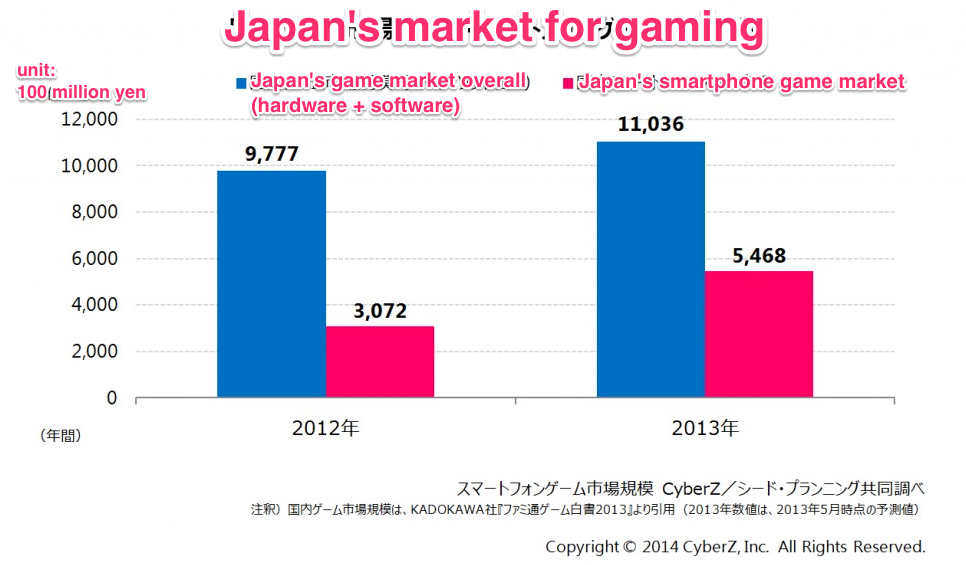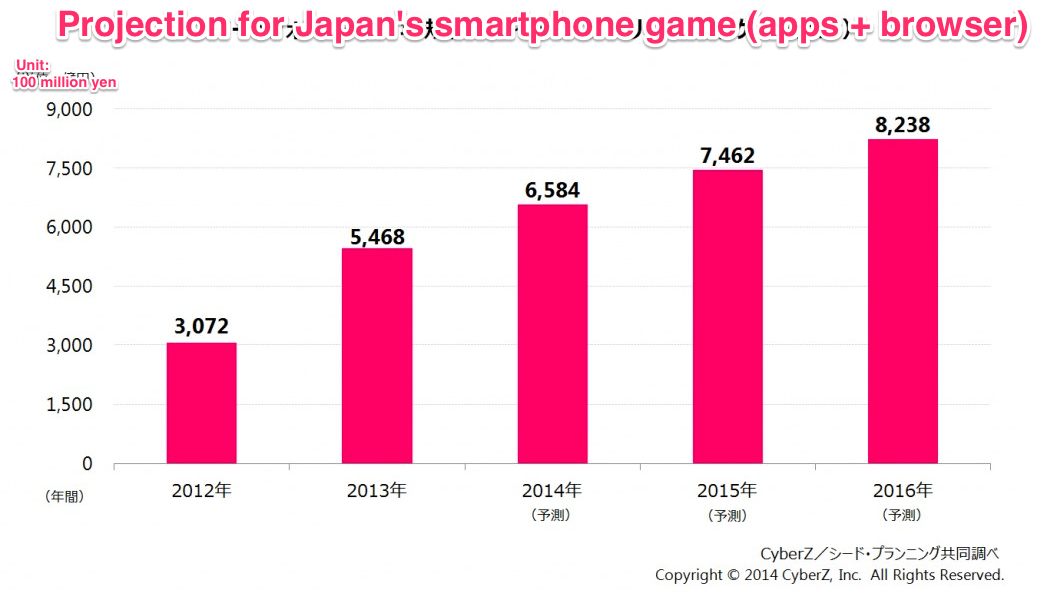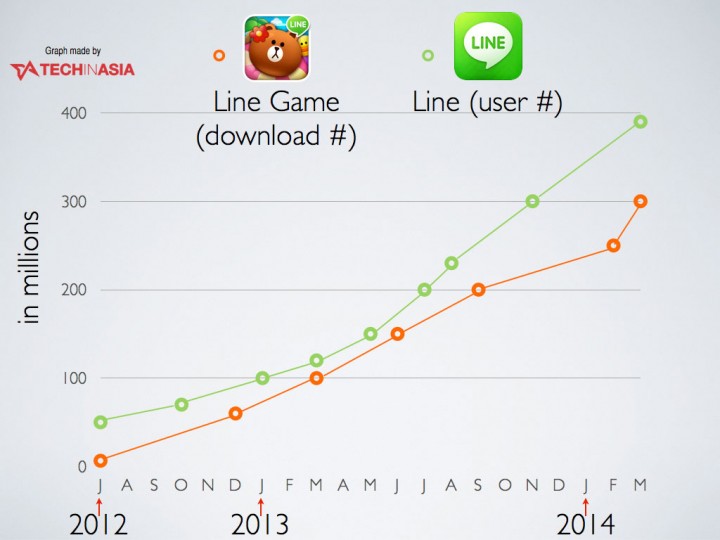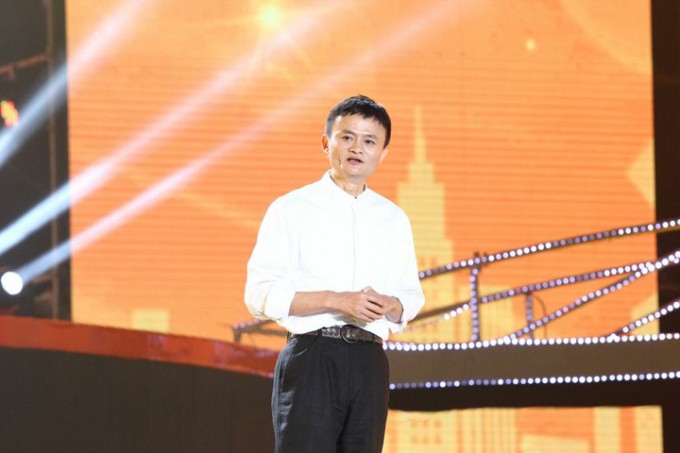For every Samsung, Amazon, or YouTube, there are dozens of scrappy startups trying to trip up the web giants. It’s a tough task. Each young company will have a different strategy that fits their market. When these smaller companies start succeeding, it’s time for entrepreneurs to sit up, take notice, and learn lessons. Asia already has a good number of highly disruptive and well-established companies that are challenging the leading tech companies in a number of sectors. These set a great example to all startup entrepreneurs across the region. At our Startup Asia Singapore conference on May 7 and 8, we’ll be looking at six of them: Xiaomi, Redmart, Viki, Gumi, Razer, and MyRepublic. China’s Xiaomi started out with just an Android ROM that any avid tweaker could flash onto their own Android phone, then in 2011 Xiaomi unveiled its first phone. Growth came fast as Xiaomi undercut phones from HTC and Samsung with price-tags half the size, yet the phones didn’t feel low-grade, boosted by its good-looking and super slick Android skin. In 2014, Xiaomi is aiming to sell 40 million phones, and it’ll likely hit that target. The phone-maker recently expanded to Singapore. Lessons worth learning Because these companies are doing so well and have so many lessons to teach young entrepreneurs, we’ll be hearing directly from all six during the upcoming Startup Asia Singapore event. Aside from Xiaomi, here’s why the other five are important: Singapore’s Redmart is shaking up grocery shopping by bringing it online. Singapore might be small, but it’s a shopping niche worth US$5.2 billion. Regional expansion is a possibility, but that’s not yet been laid out. Redmart got $5.4 million in bridge funding in January. Viki is a sprawling mix of Youtube and Hulu, focusing on TV series, movies, and news – particularly ones that will be popular in Asian markets. In a novel twist to the difficult business of online content, Viki features crowdsourced subtitles for many of its videos. Ecommerce titan Rakuten acquired Viki last year for US$200 million, but the video site still runs independently. Japanese mobile game developer Gumi is avoiding the travail of fellow Japanese gaming companies such as Nintendo or DeNA by making social games that are tuned into what smartphone gamers want. It raised $19 million in funding late last year. Battling telcos and ISPs sounds nuts, but that’s what MyRepublic is doing in Singapore. At the start of this year, MyRepublic has reached 15,000 residential households and businesses with its ISP business so far, and is looking for a big boost in numbers with its insanely cheap 1Gbps broadband package. Razer, like Xiaomi, is doing hardware. The Singapore-based company makes hardcore gaming laptops and tablets, as well as a plethora of gaming-related accessories. Live onstage These are the sessions where those companies will spill the beans on growth and future plans: How Xiaomi Became A $10 Billion Startup In 4 Years – Hugo Barra, VP for Xiaomi global, will sit down for a fireside chat with Tech in Asia’s’ Willis Wee. With Xiaomi starting to expand across the region, Xiaomi is proving to be the first Chinese brand that people are passionate about. Redmart’s Reinvention Of Grocery Shopping In Singapore – Redmart co-founders Roger Egan and Vikram Rupani will be interviewed onstage at Startup Asia Singapore about the site’s growth, getting funding, and expansion plans. Viki’s Backstory And Its Rakuten Sequel – Razmig Hovaghimian, co-founder and CEO of Viki, will be quizzed about its growth and life under the Rakuten umbrella. How Gumi Plans To Dominate The Mobile Gaming World – Hironao Kunimitsu, founder and CEO of Gumi, will be discussing with us about mobile gaming, and his company’s growth to becoming one of Japan’s largest game developers with over 35 titles. How MyRepublic Is Fighting Against The Giants – Malcolm Rodrigues, co-founder and CEO of MyRepublic, will be dishing out lessons about battling tech giants in this fireside chat session. It’s Razer’s Game – Min-Liang Tan is the founder and CEO of Razer. The Singapore-born, San Francisco-based entrepreneur will talk about sharpening his craft to bring high quality devices to grateful gamers across the world.
Source: TECHINASIA




